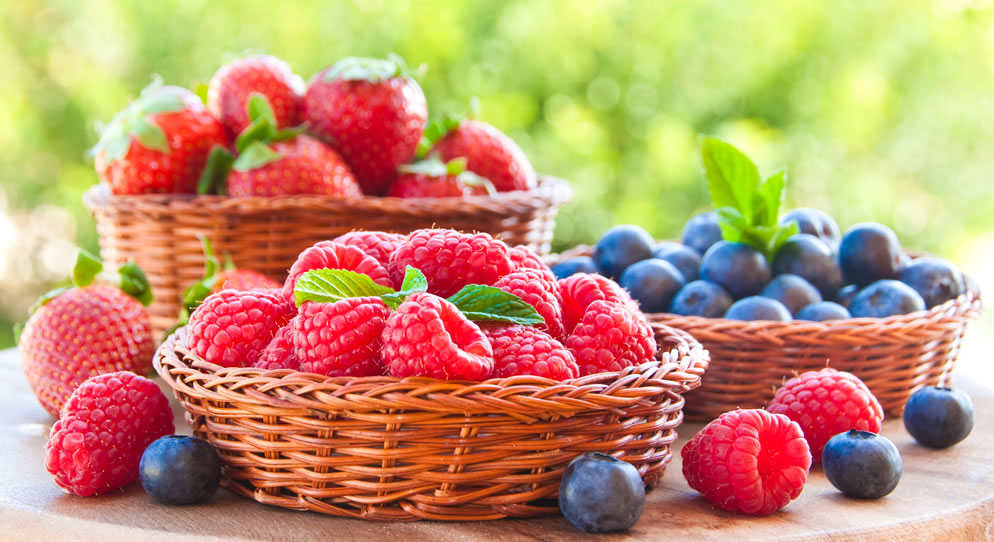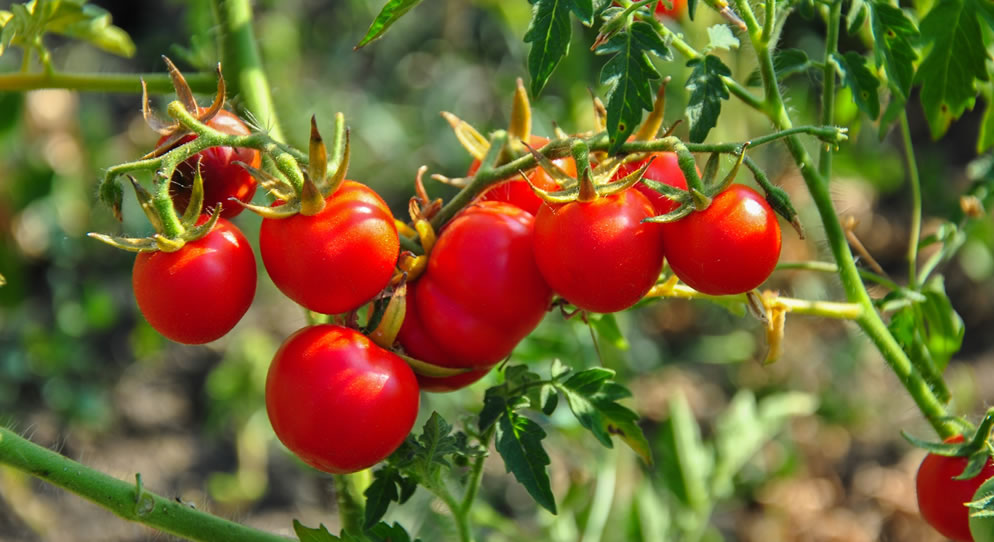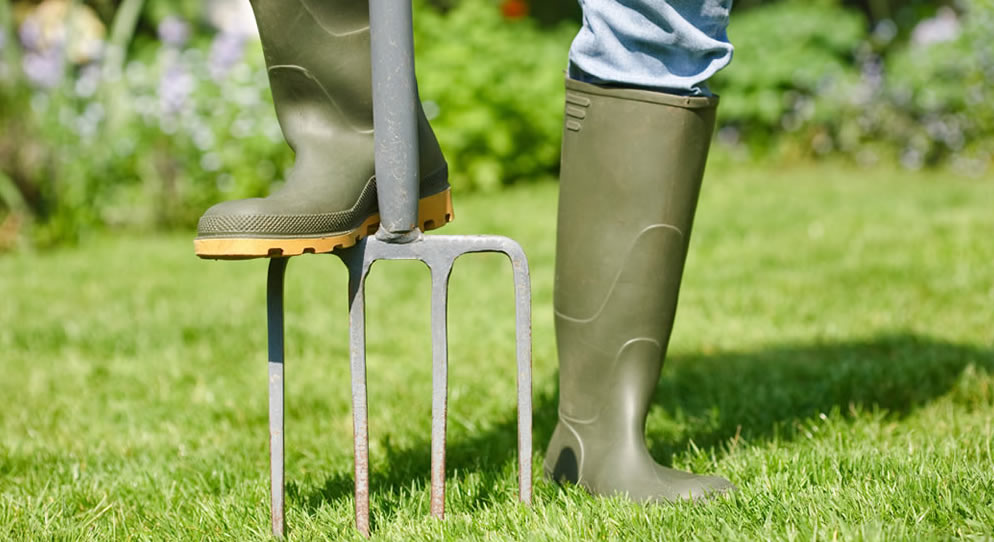Summer is a prime season for growing fruit, offering the warmth and long daylight hours that many fruiting plants need to flourish.
With proper planning and care, your garden can produce a variety of delicious fruits that are perfect for fresh eating, preserves, and smoothies.
From berries to fruit trees, summer offers plenty of opportunities for a fruitful harvest.
Choose the Right Fruits
When selecting fruits for summer growing, consider your available space.
- Berries like strawberries, raspberries, and blackberries thrive in summer and are perfect for small gardens or containers.
- Blueberries also do well but require acidic soil and regular watering. They need room to sprawl, so they’re best planted in garden beds or large raised beds.
- Fruit trees, including apples, peaches, nectarines, plums, and figs, also grow well through summer.
While many fruit trees begin flowering in spring, summer is critical for fruit development and ripening.
Soil and Sunlight Requirements
Fruit-bearing plants require fertile, well-draining soil enriched with organic matter. Before planting, amend your soil with compost or aged manure to support vigorous growth.
Most fruit plants need full sun, at least 6 to 8 hours of direct sunlight per day, to produce sweet, well-ripened fruit. Avoid planting in shaded areas or near large trees that can compete for water and nutrients.
Watering and Mulching
- Summer heat can quickly dry out the soil, so consistent watering is essential.
- Deep watering encourages strong root development and prevents fruit from becoming dry or misshapen.
- Drip irrigation or soaker hoses are effective methods for delivering moisture directly to the root zone while minimizing evaporation.
- Mulching around fruit plants helps retain moisture, regulate soil temperature, and suppress weeds.
Pruning and Training
Some fruiting plants, especially vines like grapes and trailing berries, benefit from summer pruning to remove excess growth and improve air circulation.
Proper training, such as using trellises or cages, can also help keep fruits off the ground, reduce disease, and make harvesting easier.
For trees, light summer pruning can help manage shape and remove any dead or diseased wood.
Pest and Disease Management
Warm, humid conditions can attract pests like aphids, mites, and fruit flies, as well as fungal diseases such as powdery mildew and blight. Netting can help protect ripening fruit from birds and squirrels.
Harvesting and Enjoying
Harvest fruit when it's fully ripe for the best flavour and nutrition. Pick berries when they're fully coloured and slightly soft. For tree fruit, check that it comes off the branch with a gentle twist and tastes sweet. With attentive care, your summer fruit garden can provide a rewarding and delicious harvest throughout the season.




Leave a comment
This site is protected by hCaptcha and the hCaptcha Privacy Policy and Terms of Service apply.